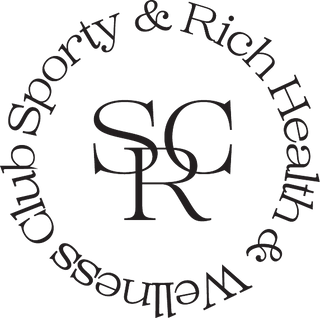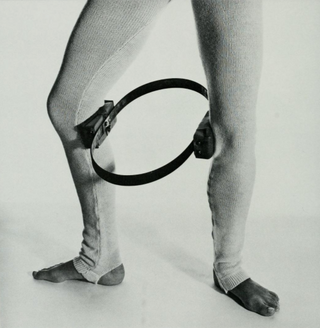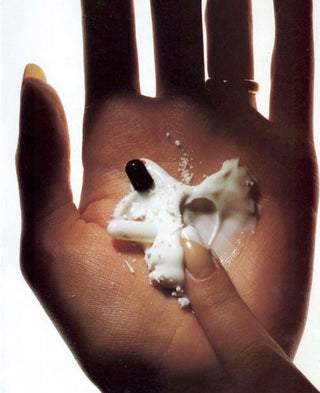By: Taylor Davis
Making the switch to a natural deodorant often involves an embarrassing phase of body odor amidst a lengthy trial and error period. Without really knowing why you should be opting for natural deodorant, it’s hard to avoid running back to your favorite synthetic brand.
First, let’s debunk one of the more well-known arguments against synthetic deodorants. There’s a misconception that when you use synthetic deodorant, toxins are absorbed through your underarms, deposited in your lymph nodes, and are unable to leave due to the skin clogging properties of aluminum. This has been thought to lead to cell mutation and breast cancer. Although a compelling claim, there’s no scientific evidence to back it up.
With that being said, aluminum, TEA, DEA, triclosan and parabens are all xenoestrogens found in synthetic deodorants. Xenoestrogen is a synthetic estrogen and an endocrine disruptor. This means it’s able to bind to your body’s estrogen-receptors and influence gene expression, the growth of certain cells, and your hormone levels. In general, studies on different xenoestrogens have been shown to cause significant harm to both male and female reproductive health, and growing research shows them to play a role in the development and progression of breast cancer. Some studies have shown TEA, DEA, triclosan and parabens to be carcinogenic and capable of changing thyroid function. In an animal study, TEA and DEA actually led to kidney and liver tumors as a result of bioaccumulation. Although most of these are banned in Europe, they’re still approved by the FDA in North America.
Because there’s a lack of regulation with cosmetic and personal care products (especially in North America) you’ll likely find these chemicals, along with other harmful toxins in your most-loved and most-used products. The FDA and personal care companies often defend these ingredients as being safe since they exist in such small quantities. However, it’s highly improbable that applying synthetic deodorant, (compounded with the other 150 chemicals that women topically apply multiple times a day), does not lead to cumulative and potentially harmful levels of exposure.
Luckily, there are natural alternatives that can be just as effective, if not more, at combating body odor. Before choosing a natural deodorant, it helps to know what causes body odor in the first place.
Our body has two types of sweat glands - apocrine and eccrine. Apocrine glands are primarily found under your armpits and near your genitals, and are predominantly stimulated by hormones and emotional changes. Contrary to popular belief, sweat isn’t what causes us to smell, but rather the bacteria that feeds on it does. When our bodies release apocrine sweat, there’s specific types of bacteria that consume it and in the process releases an unpleasant odor.
So, how do we get rid of this “smelly bacteria”? Prebiotic deodorants.
You’ve likely heard of people taking prebiotic and probiotic supplements to help maintain a healthy level of beneficial bacteria in their gut. You're probably also aware of how our gut requires certain pH levels to function properly. Just like our gut, we want to ensure there’s an optimal balance of bacteria and a certain pH level maintained under our underarms.
Prebiotics act as a food source for the beneficial bacteria and putting them under your armpits helps the beneficial bacteria thrive and grow. As such, they crowd out or eradicate the smelly bacteria. Prebiotics also help create a healthy acid mantle. In doing so, the growth of B.O. causing bacteria is prohibited as most of them can’t survive in an acidic environment. Avoiding natural deodorants with a high concentration of basic ingredients in them, such as baking soda, will also help maintain a healthy acid mantle.
Conventional deodorant brands work by temporarily masking body odor, but natural deodorants that contain prebiotics in them work by targeting the root cause. In fact, synthetic deodorants (especially those containing aluminum) increase the bacteria diversity under your underarms, which leads to more stress-resistant and odor-causing bacteria. Thus, your synthetic deodorant could actually be creating more resistant body odor over time.
If you have sensitive skin, avoid using a natural deodorant with a lot of baking soda in it, Putting prebiotics into deodorant is a relatively new concept but one of our favorite brands that includes this is Routine - specifically Moon Sisters for women and Superstar for men.
















